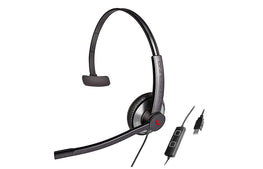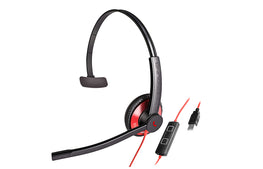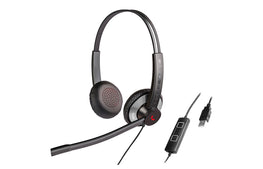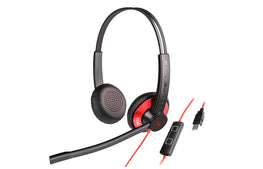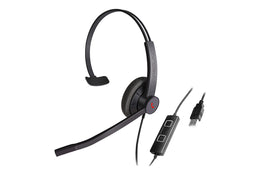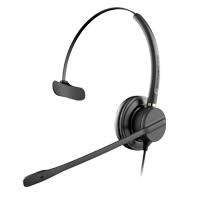
Dragon Medical is the antidote to doctor burnout
The evolution and growth of voice recognition software, from offering simple dictation to its current incarnation, has been both long-awaited and liberating for medical professionals.
While dictation software has always offered a significant level of reliability and ease-of-use, its not until recently that voice recognition has achieved its current potential.
Now, many doctors are avoiding the frustration of manually entering patient data into a computer by hand through the use of voice recognition software. Medical professionals can speak commands to control their desktop PC, or enter clinical patient notes into digital record systems.
However, Dragon Medical is offering more to clinical staff than just dictation.
The power of modern solutions
From a wider perspective – as big data grows into a normalised part of society – medical records that once required warehouses stacked high with paper forms and folders are now stored digitally, only taking up storage space in a cloud data centre or a server on site. By implementing voice software into a clinic or hospital, medical staff help drive the adoption of digital patient records.
According to research by McKinsey & Company, in 2005, less than a third of physicians and hospitals had access to digital medical records, a figure that swelled to more than 50 per cent for physicians in 2011 and almost 75 per cent of hospitals. Digital records offer a number of benefits, but the ability to share patient information with medical professionals is particularly useful. McKinsey also notes that 45 per cent of US hospitals were able to participate in health information exchanges thanks to the solutions, with many others planning to do so in future.
The real bonus, however, is for the patient. With medical staff spending less time and money on transcription services, they can redirect this extra energy back into their patients. In short, making simple but repetitive tasks easier for medical professionals will make them happier, less stressed and able to spend more time with their patients.
Research from the Annals of Internal Medicine has found that physicians spend just 27 per cent of their workday in face-to-face consultation with clients, compared to 49 per cent on administrative tasks and paperwork. Any solution that can reduce the latter figure is critical.
Dragon Medical One can fill that need, and is up to 99 per cent accurate out of the box, including medical dictionaries with almost 80 individual medical specialties and sub-specialties.
Assisting during sensitive procedures
Dictation is an exceptional answer to privacy concerns during childbirth, where medical staff are required to juggle the task of typing or writing while staying focused on the patient. As the length of labour can vary – Pregnancy, Birth and Beyond notes that it's not uncommon for labour to take up to 17 hours for women having their first child – and midwives and nurses will often need to take notes during the process, dictation is the answer.
If nurses were to rely on dictation software, they would be able to rest assured knowing they can dedicate a greater level of attention to patients, experience higher levels of job satisfaction and still take accurate notes without the risk of making spelling mistakes. It's an ideal solution, affording both medical professionals and their patients a much more stable and comfortable experience.
What's the best speech recognition software for a doctor? Read On...

